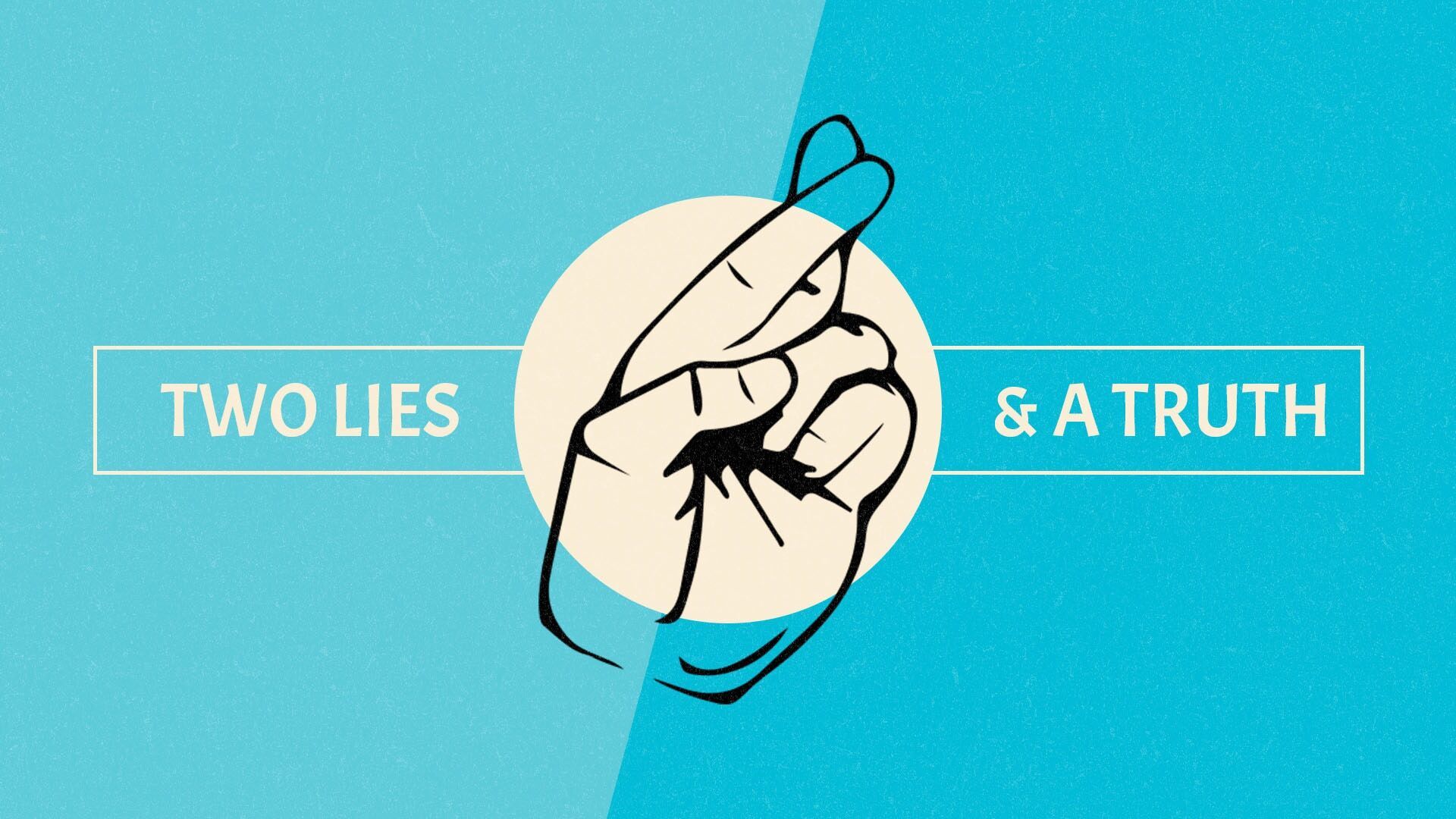Cross or Coolness? (1 Corinthians 1:10-2:5)

Big Idea: Don’t make your church about coolness. Make your church about the cross, and it will make all the difference.
If you could design a church, what would it look like?
I’ve got a list.
- It would be in an urban setting.
- It would have a bit of an urban vibe: an old, hip brick and beam building would be great.
- It would be connected to the community.
- It would have to have coffee, really good coffee.
- I would want the church to have solid theological convictions, but to also draw good out of other parts of the church.
- I would want good music — not slick music, but good music with a bit of an indie vibe.
- It would feature good, interesting, biblical preaching.
- It would be seeing people grow and change without becoming too big.
- It would have a vision for planting other churches.
What’s your list look like? I bet if I gave you time that it wouldn’t be hard for you to come up with a list of things you’d like to see in a church if you could design it from scratch.
It’s easy to think this way because we’ve been trained to think like this. Design your life. Design your career. Customize and optimize. All of this is good. All of this leads to beautiful condos, great careers, and more. I really appreciate the beauty that results from people who make careful decisions about how to optimize places and businesses so that we can really enjoy them.
But it’s deadly when it comes to the church.
Today I want to talk about a problem that is common in North American Christianity, one that probably affects every single person here. It’s a problem that will seep into our church without us even recognizing it. And then I want to point to a very counter-intuitive way of approaching church that we would never think of, but that will make a world of difference if we embrace it.
The Problem
So here’s the problem. We’re in a letter that the apostle Paul wrote to a church that he planted in Corinth. In verse 10, he identifies the problem:
I appeal to you, brothers, by the name of our Lord Jesus Christ, that all of you agree, and that there be no divisions among you, but that you be united in the same mind and the same judgment. For it has been reported to me by Chloe’s people that there is quarreling among you, my brothers. (1 Corinthians 1:10–11)
So here’s the problem in one word: divisions. Simple. If you’ve ever been part of a church that’s experiencing division, you know how ugly it can be. There are few things uglier than Christians who are at war within a local church. It’s awful.
But I want you to look a little deeper at what’s behind the divisions. Read verse 12: “What I mean is that each one of you says, ‘I follow Paul,’ or ‘I follow Apollos,’ or ‘I follow Cephas,’ or ‘I follow Christ.’” We’re not just talking run-of-the-mill divisions in the church. We’re talking about personality cliques. Different groups within the church appreciated the ministry of different kinds of leaders. We’re dealing with power struggles, not theological controversies.
Let’s pause here. Corinth was a competitive and status-obsessed city. It’s hard for us to understand, but teachers would come into town. If you were good at public speaking, you could attract a huge following and make a good living. Rich people would hire these skilled speakers for private lessons. In that day, people who really excelled at rhetoric and philosophy were celebrities equivalent to movie stars and sports celebrities today.
And so what seems to have happened in Corinth is some of that entered into the church. People were drawn to some speakers — kind of an early version of Christian celebrities — more than others, and it caused problems within the church.
In other words, they imported culture’s values into the church. They chose leaders based on what their society values, and the church became divided.
This happens today. We can pick our favorite Christian celebrity and follow them. And pastors can also try to leverage what culture values to build a following.
There’s a version of Christianity that makes itself out to be trendy, cool, and successful. It’s led by trendy, attractive, compelling speakers. It teaches that God is in your corner and wants to help you reach your full potential. It gives you a great experience. Listen to how one person describes church in this new version of Christianity:
The unofficial theme of these church services is HYPE, as keeping people excited and optimistic will allow them to enjoy the Sunday experience and keep coming back for more. The pastor is never offensive and always inspiring. These pastors are often elite communicators with fashion sense that would make an Instagram influencer look like a picture in an Olan Mills church directory.
The problem is that the church imports the values of society into the church and craves the same kind of leaders the world values. It was dangerous in Paul’s time, and it’s dangerous today.
The Solution
So what’s the solution? It’s the gospel. Look at verses 21 to 25:
For since, in the wisdom of God, the world did not know God through wisdom, it pleased God through the folly of what we preach to save those who believe. For Jews demand signs and Greeks seek wisdom, but we preach Christ crucified, a stumbling block to Jews and folly to Gentiles, but to those who are called, both Jews and Greeks, Christ the power of God and the wisdom of God. For the foolishness of God is wiser than men, and the weakness of God is stronger than men.
Here’s what Paul is saying. Some people think that Apollos is cool. Others thought Paul and Peter were cool. Pretty much everyone thought that Jesus was cool. Do you know what is not cool or trendy? A crucified, bloody Savior. Nobody — Jewish or Greek — thought that was a good thing. Jews and Greeks had different images of success, but neither group thought that the battered, bloody man on the cross measured up.
But, Paul says, the cross is so much better than anything the world offers. You know what doesn’t save, what doesn’t change lives? Coolness. Do you want to know what has been changing lives for centuries now? It’s what Paul calls foolishness, because it doesn’t line up with any culture’s values. It’s about the one who didn’t fight for status and prestige but gave up his status and prestige, who became strong by becoming weak. It’s completely upside-down. It goes against the way we think.
Our hope is not in a hip communicator or compelling speaker. Our hope is in a poor man from an unimportant region who was crucified one Friday in Jerusalem. That makes no sense to the world, but it’s God’s wisdom, and it’s better than anything the world has to offer.
Every time we get caught up in coolness, in trying to create a church that appeals to our wants and desires, we’ve lost sight of the cross. Every time we create a wishlist of what we want church to be, and look for the perfect worship experience that will make me happy, we’ve lost sight of Jesus who died for us. The message of a crucified Savior who gave himself for our sins is so uncool, but it’s better than any version of cool that the world could ever offer.
What to Do
So what do we do? Two things.
First: refuse to play the game, and stay centered on the cross.
If anyone could win the game of best speaker in town, it was Paul. He wast trained. He knew what to do. He could have come into Corinth and given the best celebrities a run for their money. But he simply decided he wasn’t interested in playing that game. Instead, he stayed centered on the cross.
And I, when I came to you, brothers, did not come proclaiming to you the testimony of God with lofty speech or wisdom. For I decided to know nothing among you except Jesus Christ and him crucified. And I was with you in weakness and in fear and much trembling, and my speech and my message were not in plausible words of wisdom, but in demonstration of the Spirit and of power, so that your faith might not rest in the wisdom of men but in the power of God.
Paul refused to pay that game. He understood that what you win them by, you win them to. He understood that if we played the coolness game and won, he would still lose, because people would be trusting in his coolness rather than Christ.
What does this mean for us?
We can’t make our church about the right vibe.
We can’t make our church about the right coffee, the right music, the right communicator, the right music.
We have to make our church all about Christ.
We just won’t play that game. We won’t get into importing the world’s values into the church and thinking they will work here. Any time we get distracted from the simple message of what Jesus did on the cross, we’ve moved away from what the church should be all about.
So every week, let’s focus on Jesus. Every time we start to get distracted by anything else, let’s re-center on what matters most. Let’s never try to sell our church based on personalities or styles or anything like that. Let’s always and only be about Jesus.
Second: welcome the nobodies as a feature, not a bug.
Who’s welcome here? Everybody. When we center on the gospel, we become a place where the pattern of the cross shows up in the people who show up.
What do I mean by that?
Paul says:
But God chose what is foolish in the world to shame the wise; God chose what is weak in the world to shame the strong; God chose what is low and despised in the world, even things that are not, to bring to nothing things that are, so that no human being might boast in the presence of God. And because of him you are in Christ Jesus, who became to us wisdom from God, righteousness and sanctification and redemption, so that, as it is written, “Let the one who boasts, boast in the Lord.” (1 Corinthians 1:27-31)
In a culture that elevates some people by their cool factor and by their wealth, we ought to be able to look around and say that nobodies are welcome here. Since we follow a poor man from an unimportant region who was crucified, we ought to welcome all kinds of people here. If Jesus was low and despised, a church that’s about Jesus ought to welcome the low and despised as well.
I read this last week:
The church should be a place where everyone is welcome and feels welcome. At church gatherings, we should see older people speaking to teenagers, men speaking to women, singles speaking to marrieds, and those with children speaking to those who do not. Being a Christian should make us humble and break down walls and divisions that the world puts up.
What am I saying? Don’t make your church about coolness. Make your church about the cross, and it will make all the difference.





